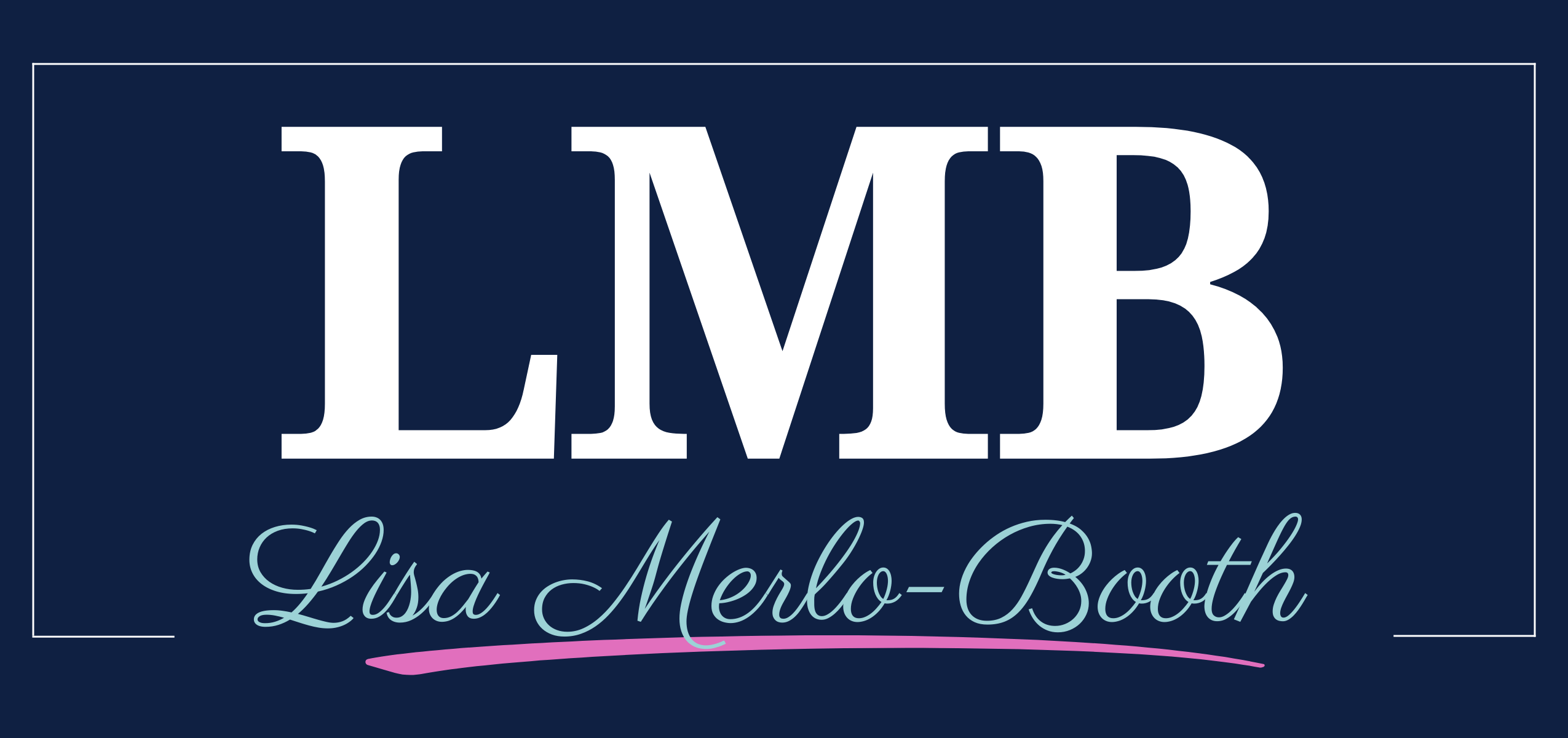“The burden of forgiveness should lie with the one causing the harm. Earn forgiveness; do not demand it.” ~LMB

There is immense societal pressure to “forgive” others—especially those who have caused the most harm. What you rarely hear, however, is the expectation that those who cause harm must earn forgiveness. Why don’t we demand accountability from those who abused, lied, cheated, or inflicted lasting damage? Why is there not more insistence that they show remorse, repair the harm, and do everything they can to earn forgiveness? Unconditional forgiveness is another way our culture enables the perpetrators and further burdens those they harmed.
This disconnect became starkly clear to me during a conversation with a mother pressuring her college-aged daughter to “forgive your father and stop being so angry at him.” My immediate question to the mother was, Has he done anything to warrant her forgiveness? This led to a series of follow-up questions:
• Has he ever apologized for his chronic harshness and relentless criticism?
• Has he made any effort to change how he parents or interacts with her?
• Has he expressed genuine remorse for the pain he caused throughout her childhood?
Not surprisingly, the mother’s answer to every question was a resounding no. So, why, I asked, was she pushing her daughter to forgive? Her reply was one I’d heard countless times: “That’s just who he is. He won’t change, and he doesn’t see anything he did as wrong. She needs to forgive him for her sake.”
The daughter’s reaction was visceral and furious. “Why do you ALWAYS make excuses for HIM! OMG, he treats you just as bad as he does me—but you protect him. What is wrong with you?!”
Sadly, this conversation could be playing in countless households throughout the world. This toxic narrative that forgiveness is a moral obligation—necessary to “save yourself,” no matter the circumstances—places a tremendous burden on those harmed while absolving those inflicting the harm of any responsibility for repair or change.
The onus for forgiveness, however, should rest squarely on the shoulders of the person who caused the harm. They are responsible for acknowledging their actions, expressing genuine remorse, and committing to repair the damage they caused. Instead of saying, “Are you ever going to let this go?” or “That was years ago; move on,” they should be asking, “How can I make this right?” and demonstrating through consistent actions that they are working to earn back trust.
For example, a father who spent 18 years blowing up at, criticizing, and belittling his daughter must be willing to face the impact of his behavior. He must genuinely apologize for how his rage and harshness affected her, commit to removing those behaviors, follow through, and repair—again and again—for as long as it takes for the wounds to heal.
Forgiveness, when it comes, is not a gift the harmed owe to their abuser. It is something that must be earned through accountability, remorse, and change. Anything less perpetuates harm and shifts the emotional labor of healing onto those who have already suffered enough.
Challenge: When it comes to forgiveness, ask yourself who is being asked to do the heavy lifting: the one causing the hurt or the one hurt. Be sure that the onus of forgiveness is placed on the one doing the damage.

